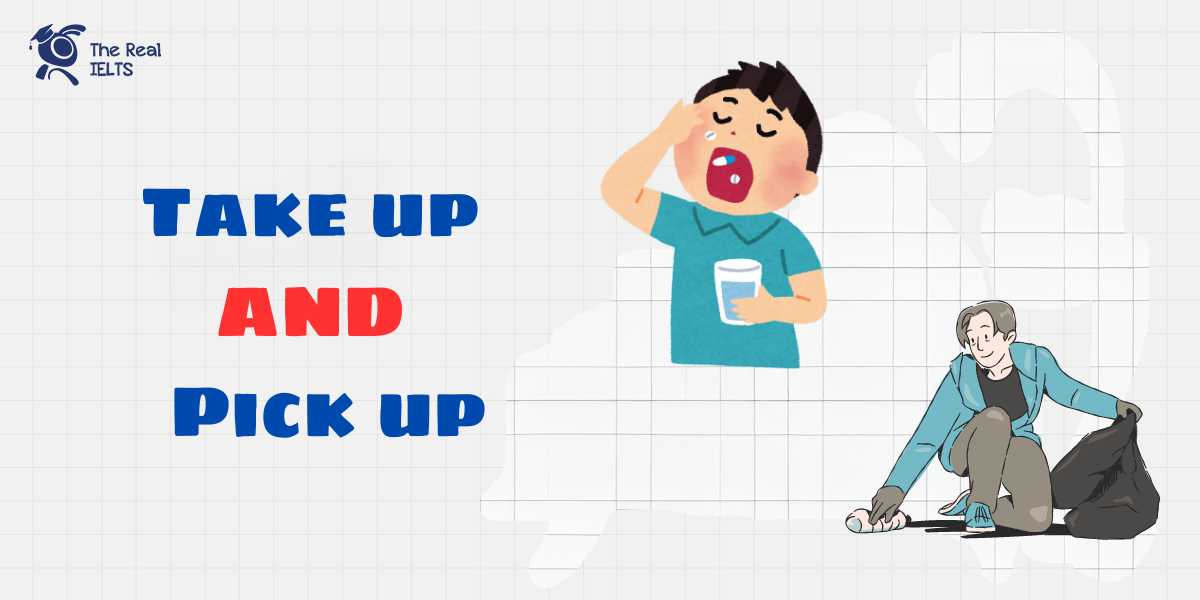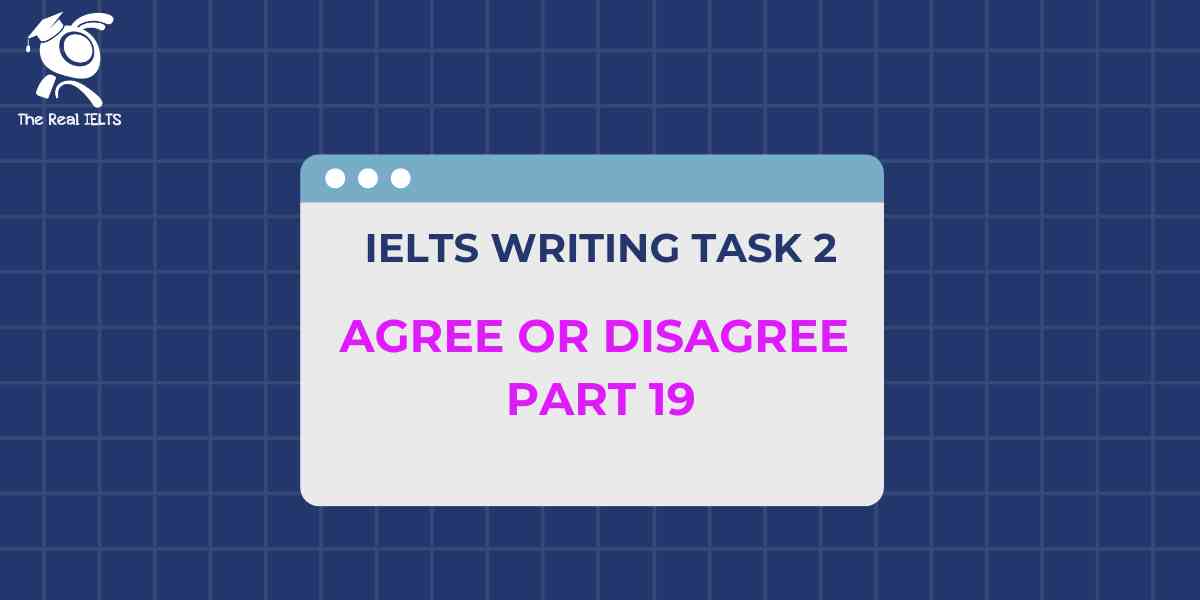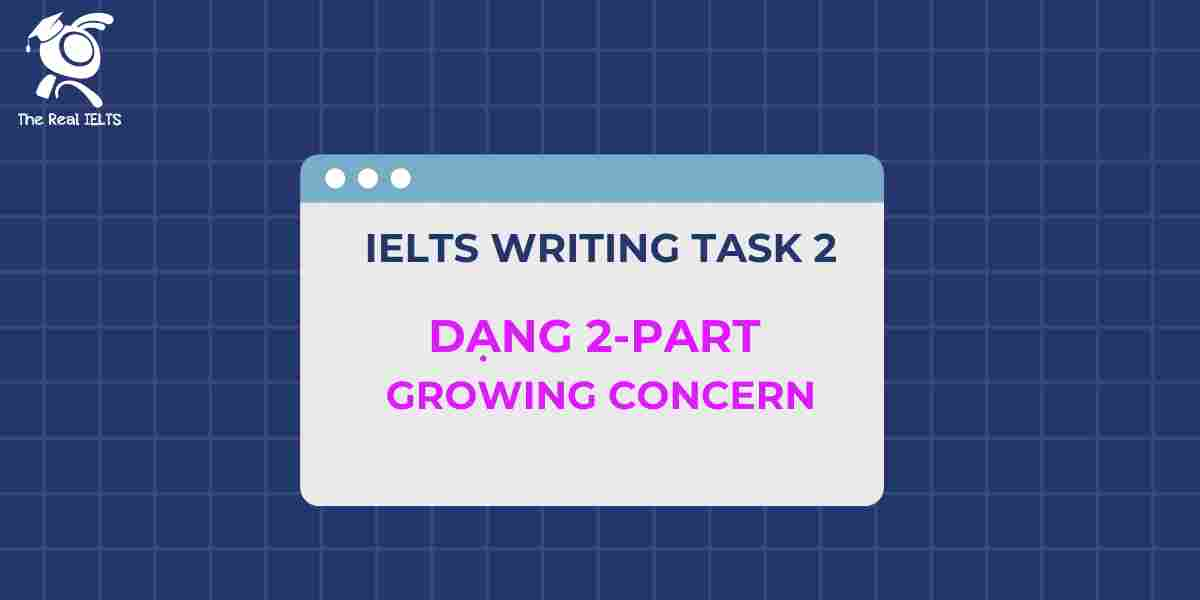Đề bài IELTS Writing Task 2 dạng Agree or Disagree Part 22:
You should spend about 40 minutes on this task
The government should provide free healthcare for all citizens. To what extent do you agree or disagree?
Write at least 250 words.
Giải mẫu IELTS Writing
In contemporary society, the provision of free healthcare by the government is a topic of considerable debate. Some argue that healthcare is a fundamental human right and should be freely available to all citizens, while others contend that such a system could be financially unsustainable and inefficient. This essay will explore both sides of the argument before concluding that I partially agree with the notion of free healthcare for all.
On one hand, the argument for free healthcare is compelling. Access to healthcare is a basic human right, and ensuring that all citizens can receive medical attention regardless of their financial status is a hallmark of a compassionate and equitable society. Free healthcare can lead to a healthier population, reduce the incidence of preventable diseases, and ultimately contribute to the overall productivity and well-being of the nation. Additionally, it can alleviate the financial burden on individuals and families, particularly those who are economically disadvantaged, ensuring that no one is denied necessary medical treatment due to an inability to pay.
However, there are significant challenges associated with implementing a free healthcare system. One major concern is the financial sustainability of such a program. Providing free healthcare to all citizens would require substantial government expenditure, which could lead to increased taxes or reallocation of funds from other essential services. Moreover, free healthcare systems in some countries have experienced issues such as long waiting times, limited access to specialists, and reduced quality of care due to budget constraints and resource limitations.
Furthermore, there is the argument that individuals should take personal responsibility for their health and contribute to the cost of their medical care. This perspective suggests that a system requiring individuals to pay, at least partially, for their healthcare encourages more prudent use of medical resources and reduces unnecessary demand, which can strain the system.
In conclusion, while the ideal of free healthcare for all citizens is admirable and has the potential to promote equity and improve public health, it is not without its challenges. Financial sustainability and potential inefficiencies are significant concerns that need to be addressed. Therefore, I partially agree with the notion of providing free healthcare, but with the caveat that a mixed system, where basic healthcare is free and additional services are paid for, might be a more viable and balanced approach. This would ensure that everyone has access to essential medical care while maintaining the financial health of the system.
Cấu trúc ngữ pháp và cấu trúc câu
Cấu trúc câu và cấu trúc ngữ pháp được sử dụng:
- Câu phức (Complex Sentences):
- “In contemporary society, the provision of free healthcare by the government is a topic of considerable debate.”
- “Some argue that healthcare is a fundamental human right and should be freely available to all citizens, while others contend that such a system could be financially unsustainable and inefficient.”
- “On one hand, the argument for free healthcare is compelling.”
- “Access to healthcare is a basic human right, and ensuring that all citizens can receive medical attention regardless of their financial status is a hallmark of a compassionate and equitable society.”
- “Free healthcare can lead to a healthier population, reduce the incidence of preventable diseases, and ultimately contribute to the overall productivity and well-being of the nation.”
- “Additionally, it can alleviate the financial burden on individuals and families, particularly those who are economically disadvantaged, ensuring that no one is denied necessary medical treatment due to an inability to pay.”
- “One major concern is the financial sustainability of such a program.”
- “Providing free healthcare to all citizens would require substantial government expenditure, which could lead to increased taxes or reallocation of funds from other essential services.”
- “Moreover, free healthcare systems in some countries have experienced issues such as long waiting times, limited access to specialists, and reduced quality of care due to budget constraints and resource limitations.”
- “Furthermore, there is the argument that individuals should take personal responsibility for their health and contribute to the cost of their medical care.”
- “This perspective suggests that a system requiring individuals to pay, at least partially, for their healthcare encourages more prudent use of medical resources and reduces unnecessary demand, which can strain the system.”
- “In conclusion, while the ideal of free healthcare for all citizens is admirable and has the potential to promote equity and improve public health, it is not without its challenges.”
- “Therefore, I partially agree with the notion of providing free healthcare, but with the caveat that a mixed system, where basic healthcare is free and additional services are paid for, might be a more viable and balanced approach.”
- “This would ensure that everyone has access to essential medical care while maintaining the financial health of the system.”
- Câu ghép (Compound Sentences):
- “This essay will explore both sides of the argument before concluding that I partially agree with the notion of free healthcare for all.”
- “Free healthcare can lead to a healthier population, reduce the incidence of preventable diseases, and ultimately contribute to the overall productivity and well-being of the nation.”
- Câu đơn (Simple Sentences):
- “On one hand, the argument for free healthcare is compelling.”
- “Providing free healthcare to all citizens would require substantial government expenditure.”
Từ kết nối các câu và các đoạn:
- In contemporary society – Mở đầu bài viết, giới thiệu chủ đề.
- while – Dùng để so sánh hai quan điểm đối lập.
- On one hand – Mở đầu đoạn văn thể hiện quan điểm ủng hộ.
- Additionally – Thêm ý hỗ trợ cho quan điểm đã trình bày.
- However – Chuyển ý, giới thiệu quan điểm phản đối.
- One major concern – Giới thiệu vấn đề chính trong quan điểm phản đối.
- Moreover – Thêm chi tiết vào quan điểm phản đối.
- Furthermore – Thêm ý khác vào quan điểm phản đối.
- This perspective suggests that – Giới thiệu ý kiến khác.
- In conclusion – Bắt đầu đoạn kết luận.
- Therefore – Dùng để đưa ra kết luận hoặc kết nối với ý chính đã thảo luận.
- but – Dùng để chỉ sự đối lập hoặc thêm điều kiện trong câu kết luận.
- This would ensure that – Đưa ra kết luận về lợi ích của phương án đề xuất.
Các từ vựng tiếng Anh cần lưu ý trong bài viết
- Provision – Cung cấp
- Considerable – Đáng kể
- Debate – Tranh luận
- Fundamental – Cơ bản
- Human right – Quyền con người
- Freely available – Có sẵn miễn phí
- Financially unsustainable – Không bền vững về tài chính
- Inefficient – Không hiệu quả
- Compelling – Hấp dẫn
- Access – Tiếp cận
- Equitable – Công bằng
- Preventable diseases – Bệnh có thể phòng ngừa
- Financial burden – Gánh nặng tài chính
- Economically disadvantaged – Bất lợi về kinh tế
- Necessary medical treatment – Điều trị y tế cần thiết
- Major concern – Quan ngại chính
- Substantial – Đáng kể
- Expenditure – Chi tiêu
- Tax – Thuế
- Reallocation – Tái phân bổ
- Essential services – Dịch vụ thiết yếu
- Long waiting times – Thời gian chờ đợi lâu
- Limited access – Hạn chế tiếp cận
- Specialists – Chuyên gia
- Reduced quality – Chất lượng giảm
- Budget constraints – Hạn chế ngân sách
- Resource limitations – Giới hạn tài nguyên
- Personal responsibility – Trách nhiệm cá nhân
- Medical care – Chăm sóc y tế
- Prudent use – Sử dụng thận trọng
- Unnecessary demand – Nhu cầu không cần thiết
- Strain – Căng thẳng (trong hệ thống)
- Equity – Sự công bằng
- Mixed system – Hệ thống kết hợp
- Essential medical care – Chăm sóc y tế thiết yếu
- Viable – Khả thi
- Balanced approach – Cách tiếp cận cân bằng
Đọc thêm các bài Luyện Thi IELTS khác trong link nhé.















